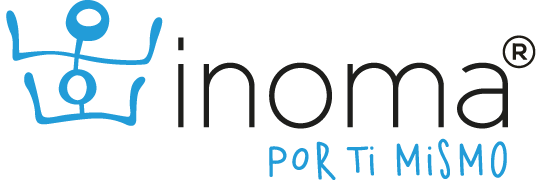
Due to the crisis caused by Covid-19, the world has been put on hold: not only in the health or economic sector, but also in education. As we all are in confinement or quarantine, we have modified each of our habits, which has generated a new normality.
According to the opinion of some experts, it is possible that everything we knew before as “normal”, will be very different in the future. As there is no cure or vaccine, and no health system with the capacity to deal with the high number of infections and taking into account that the risk of contracting the new coronavirus is very high. Relevant health protection measures such as healthy distance, proper hand washing and the use of face masks in public places should continue to be implemented.
But how do the governments of each country cope with the continuity of education and what measures have they taken? In Latin America, new regulations have had to be adopted so that children’s and young people’s studies are not affected badly. For example, they adjusted radio and television and curated content so that they could present educational programmes that were related to the curriculum. In addition, they created new websites so that teachers and children can learn from home.
What is done in our Country?
In the case of Mexico, the Ministry of Public Education established an alliance with Google for Education and together they launched the “Learning at Home” initiative, which consists of the use of tools such as Google Classroom so that both teachers and students can be in contact and share class resources and tasks. They also make available to teachers (via an email and password provided by the government) all content to be addressed throughout the I cycle on the same platform. Similarly, from the “Teach from home” page, many tutorials can be found, as well as webinars to improve learning strategies and use the various applications for education.
However, there are still problems with this “new teaching model” as many teachers are struggling with the use of these new technological tools, especially those who are older, as they are not very familiar with the use of the Internet and a computer. But it is not only that, but also something that must be considered very important and that perhaps is being lost sight of: the fact that not all students have a personal computer or Internet connectivity makes it even more difficult to maintain an equitable education for all.
As a consequence of what the worldwide situation has generated and the fact that governments applied this type of solution to continue with the school year, there is a possibility that distance education is the watermark for a new educational model. Or, that current models and curricula will have to be modified and force teachers and students to make more constant use of technological tools.
However, this will be a great challenge for education. As mentioned above, not everyone will have the same opportunities to adapt to this new reality, in which classes are taught through a computer and a webcam. A reality in which there are no longer paper exams but through platforms such as Google Forms, or where pages such as Khan Academy, Edmodo, Additio, LabTak or even Youtube, are the new educational content books.
Therefore, ministries of education, will have to modify teaching methods and offer courses or training for all educational communities.
Inoma’s new philosophy is adapted to current needs and seeks to strengthen student learning and teaching techniques of teachers, through educational and digital resources such as video games, video tutorials, training, and online conferences, etc. This with the intention that everyone has the opportunity to actively participate in this new reality and reduce the digital divide that exists in the vast majority of Latin American countries. To achieve the latter, the commitment and resources that each government is willing to invest in education will be crucial. On part of civil society, we will continue to offer our content free of charge and to work so that more girls, boys, parents, and teachers use our content.
Sources:
Educación en tiempos de pandemia. (2020). Retrieved 29 May 2020, from https://refor.ma/8y-caiiCX
Francesco Tonucci: “Cuando empecemos de nuevo, deberemos inventar otra escuela”. (2020). Retrieved 29 May 2020, from https://www.tiempoar.com.ar/nota/francesco-tonucci-cuando-empecemos-de-nuevo-debeemos-inventar-otra-escuela?fbclid=IwAR3HJFo8KsOBO1rPJ96jc5oiFaPEOHwZr4gj85A3ise2olxofsErhJAWBMU
Investigations made by the Inoma team.















